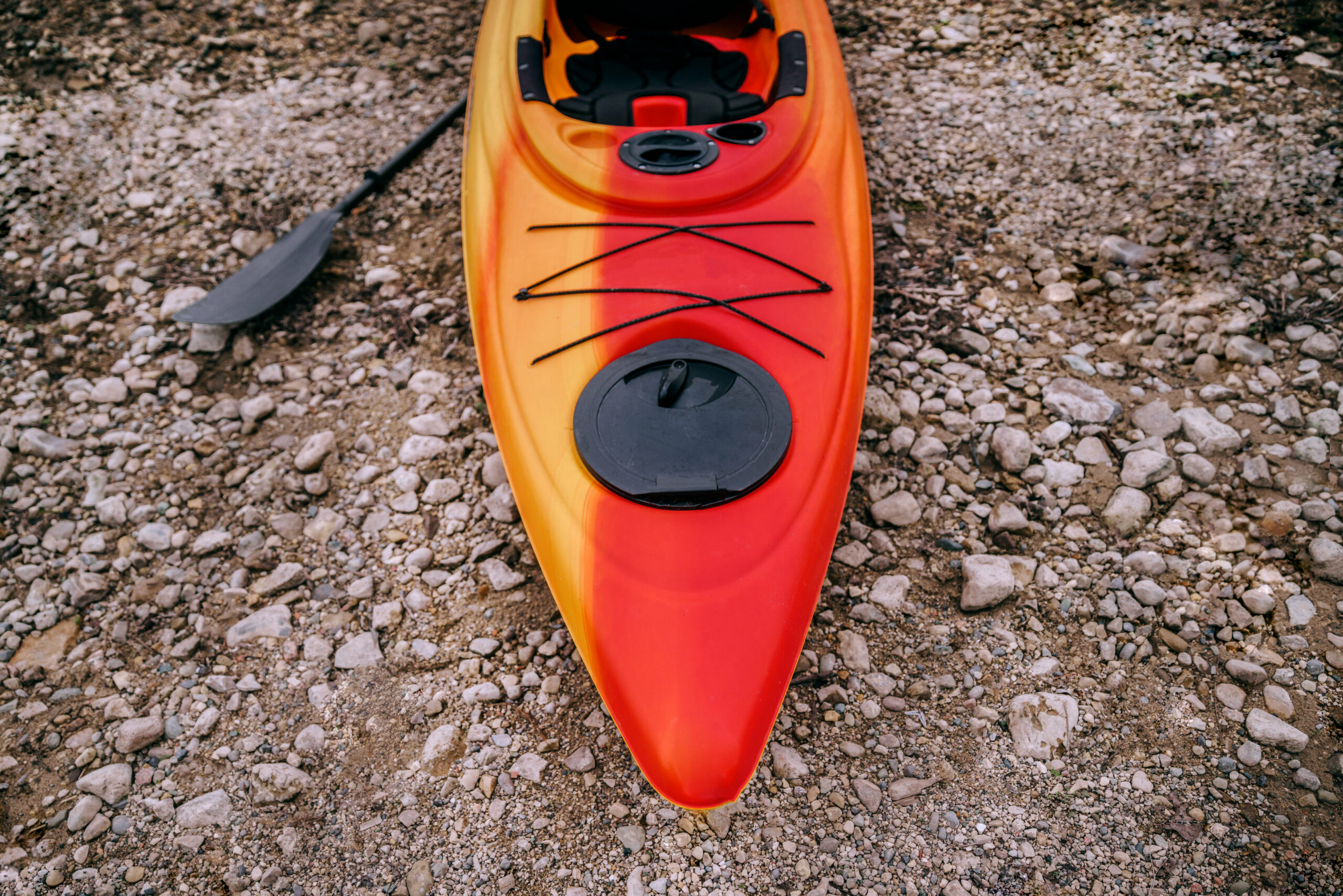Research shows that leisure activities can lead to more positive emotions, a greater ability to cope with stress, better social connections and personal growth.
Leisure activities can be sports and exercise oriented, such as running, walking, dancing, biking, swimming, rowing, gym workouts, martial arts or yoga. But they can also be movie nights, knitting, cooking, reading, card/board games, playing a musical instrument, learning a new language, writing, volunteering, bowling, colouring, painting, fishing, photography… the possibilities are endless!
Let’s break it down:
- Leisure activities can bring a D.O.S.E. of happiness by increasing levels of dopamine, oxytocin, serotonin and endorphins. These feel-good brain chemicals can increase our self-esteem, confidence, creativity, empathy and feelings of closeness and connection to others.
- Leisure activities allow the brain to be diverted from daily challenges, resulting in a form of cognitive relaxation and a respite from stressful thoughts. Repetitive movements, a part of many leisure activities, are relaxing, soothing, balancing and stabilizing – encouraging a state of calm, focus and concentration that can be applied to other problems.
- Social Connections can be enhanced through leisure activities by connecting to a larger community and sharing common interests with others. In turn, better social connections help us attain emotional stability and more trusting and supportive relationships.
- Personal growth can be facilitated with leisure activities by helping us to develop new skills, self-reliance, a sense of accomplishment and resilience, allowing us to live a more rewarding and engaged life.
Consider complementing your mental health care and improving your quality of life by participating in enjoyable leisure.

